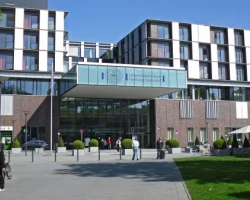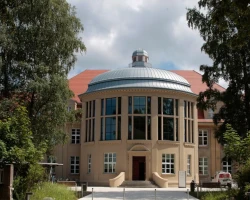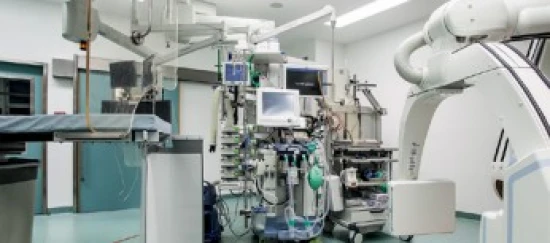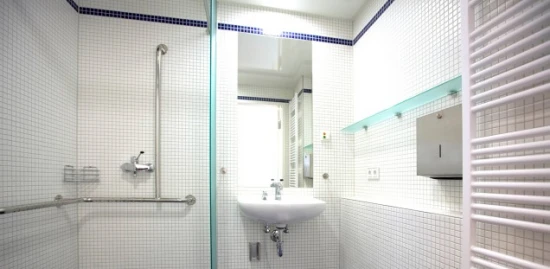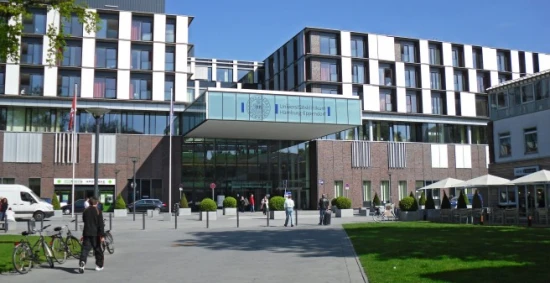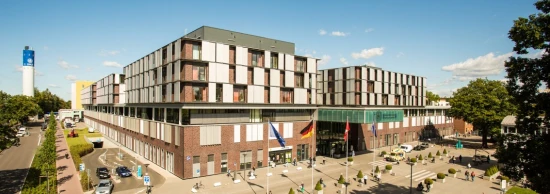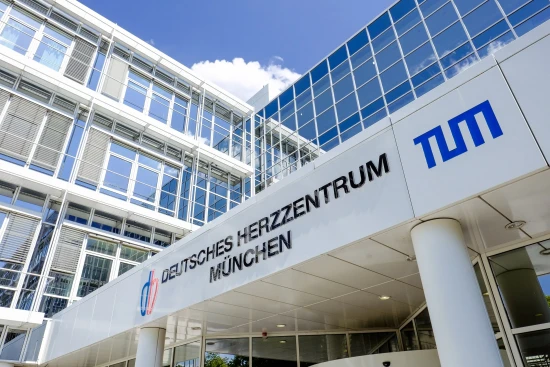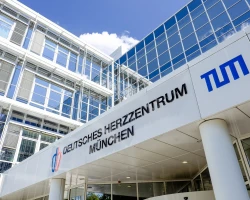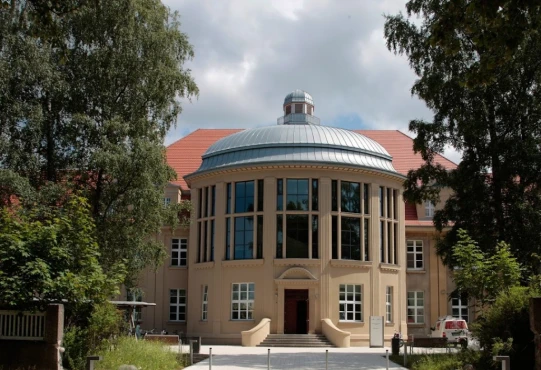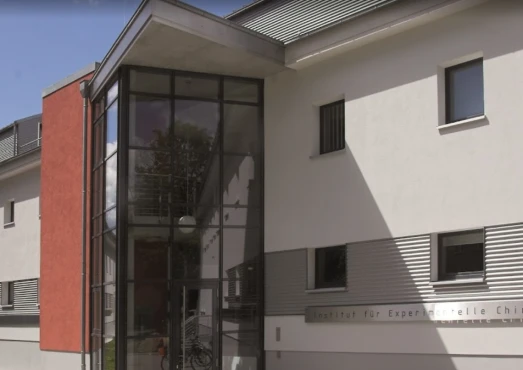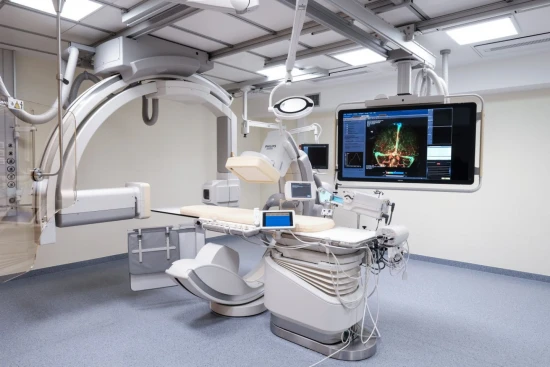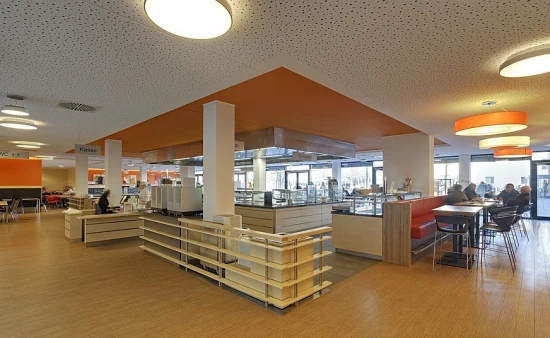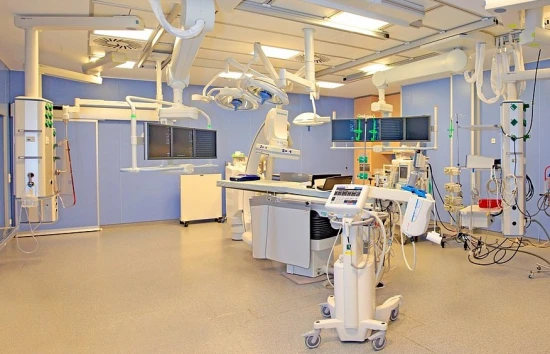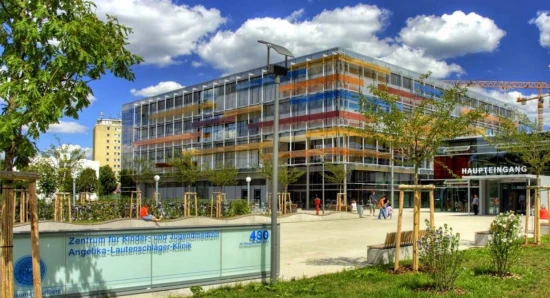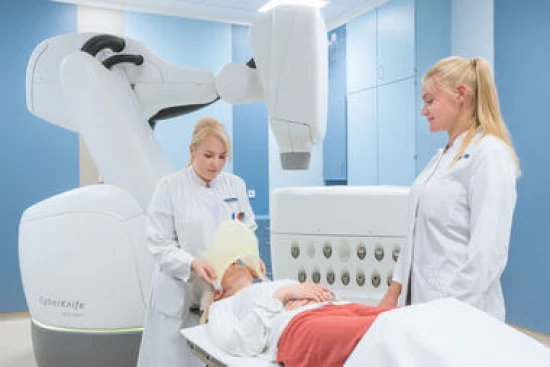from Saad Saleem
July 13, 2023
I am a professional who moved here to contribute to uplift industrial activity in my own area. Heard great input from friends on Helios, about English speaking staff, better handling than long and declining German medical system. When registered my wife for birth and checkup at the last stage of pregnancy - and recently visited, the rooms are hot (making the patient more inconvenient), then we requested female doctor/nurse due to our own comfort and values, but instead when the female doctor arrived she ended up giving me lecture to understand their culture, you are in germany, even in your home country there are only Male doctors & Staff (which she doesn't know 60-70% of medical employees are female in my home country). She was straight forward denying the service if we do not agree on the male attendant. We had no other option but to say yes, however, this has been traumatic experience turned from a happy moment. As a Service provider the doctor should be able to provide a relaxing and comfortable environment. And the treatment was not something that couldn't be done alone when requested. It was a one person job, she could have do it herself, but forced to have male attendant to just hand over tissues or so. And even after that told me to expect male attendant regardless you want or not during delivery.. Service providing is the key. highly disappointed.
from Elena So
April 28, 2023
I could put 0 or -5 if that was possible. I guess 1 star goes to nursing personnel some of whom were nice. My mother was admitted there with stomach cancer and fluids in abdomen supposedly for immune therapy (we know it is a last resort). Doctor (Ali Nuri Hunerliturkoglu) even wasn't fully aware of the diagnosis at the admission. At putting the port for immune therapy/chemotherapy, lung was punctured leading to an infection. Biopsy results were late, hence no promised immune therapy was provided just a general, non-specific chemotherapy, which weakened the patient together with hospital-induced punctured lung and infection to the point of not being able to walk and normally function. No help at all, just prolonging of suffering. To top it off, transportation to pick her up and deliver home was not allowed to approach hospital premises and a lying patient on a rolling bed had to be transported for 10 minutes outside in the cold.
Avoid if possible
from Arminas Grinius
October 16, 2022
I had this year three operations in Krefeld hospital.Two of them was not planned one of them was planned.Everything goes smootly.Personal are very friendly doctors also will try to explain everything till the end.Food quality also not that bad like hospital food.My plate was empty always.I had only one small minus the pillow for your head its like a carpet to clean your shoes so tin and not comfy at all 😀 Even this hospital is one hour where i live but anyway i would always choose this hospital and recommendate to others
